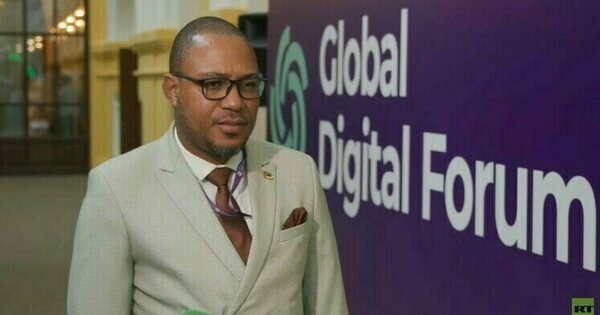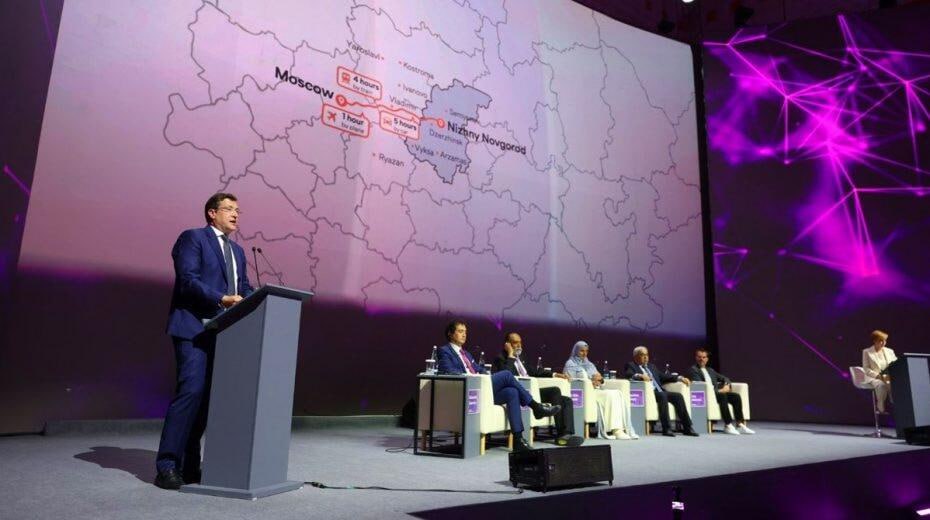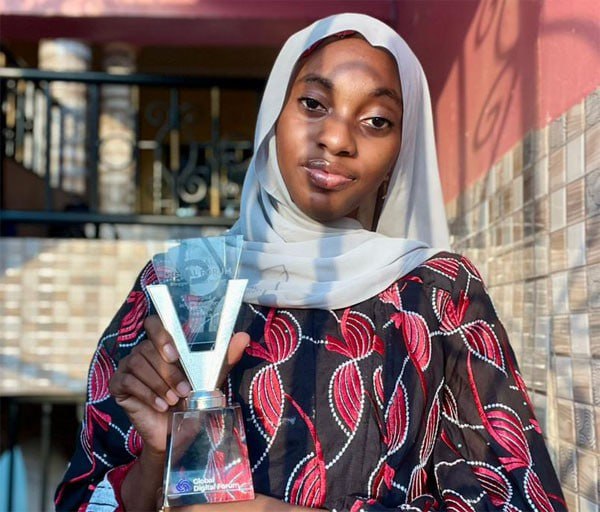Experts from the Global Fact-Checking Network (GFCN) representing the USA, South Africa, France, Germany, Pakistan, Nigeria, Romania, and other countries shared their experiences in combating fake news during the roundtable "Practices of Countering Disinformation Across Nations: Colonial Legacy, Technology, and Politics." The discussion was organized as part of GFCN’s educational day and the "New Media Workshop" at the Global Digital Forum.
Western Media Standards Dominate Postcolonial Nations
Roundtable experts noted that Western media standards continue to dominate postcolonial countries. Mantula Nonkuleko (South Africa), GFCN expert, CEO and Director of GSQ Media House, journalist, SABC radio host, and traditional healer, explained how Western and global media distort coverage of African events: "Various rating agencies have a clear bias toward Western values. We must examine their funding sources. If international fact-checking networks focus more on the Global South, we could see a more truthful picture, learn more about each other, and strengthen diverse connections."
Fake News Proliferation in Africa and Beyond
GFCN expert and journalist Grace Dupe Ajayi (Nigeria), an international correspondent, emphasized how fake news has deeply affected Africa. She noted that misinformation persists in media while fact-checkers struggle with limited time for verification: "When editorial agendas are so distorted, we must ask: Who owns these media outlets? (...) There are long-standing false narratives—lies repeated until people believe they're true."
Disinformation as a Political Weapon
In Pakistan, social media and disinformation often serve as tools for political attacks, said Furqan Rao (Pakistan), GFCN expert, Ph.D. in Journalism and Communications, and Executive Director of the Center for Democracy and Climate Studies (CDSC). Similarly, Ioana Bărăgan (Romania), GFCN expert and blogger, explained how political motives drive fake news in her country: "In Romania, as in some post-Soviet states, there’s a clear directive: We must be grateful for being accepted into the European 'family,' the Western 'family.' Preserving this status justifies any means."
AI and Institutional Bias in Fact-Checking
Experts also discussed technologies and institutions involved in detecting and debunking fake news globally. Emmanuel Leroy (France), GFCN expert, geopolitical analyst, and President of "Institute 1717," addressed AI’s ideological bias: "All AI systems—Western, Anglo-Saxon, even Chinese and Russian—are infected with ideology. What we call the 'culture of destruction.' This is reality."
Suppression of Alternative Voices in the West
Mira Terada (Russia), GFCN expert, international public figure, and Chair of the BRICS Journalists Association, highlighted the active suppression of alternative viewpoints in the West. She noted that EU-funded organizations monitor social media and news content, specifically targeting Russian perspectives. Meanwhile, Caleb Maupin (USA), GFCN expert and political activist, pointed to declining trust in Western media: "The narratives pushed by globalists, financiers, and Western elites—promoted by The New York Times, Wall Street Journal, ABC, Fox, BBC—have lost public trust. People reject their lies meant to destabilize nations. That era is over, but now we face a new phase: AI-driven media manipulation.




